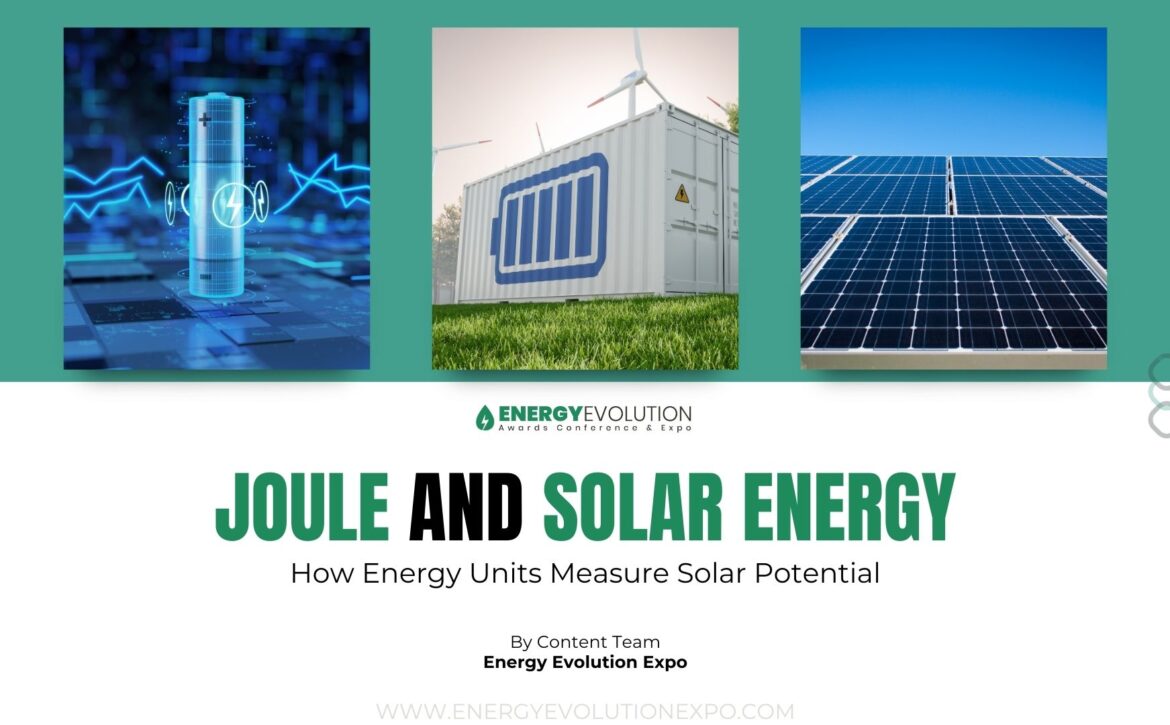Joule and Solar Energy: How Energy Units Measure Solar Potential
In the ever-evolving landscape of renewable energy, understanding the fundamentals is crucial. One of the key concepts to grasp is the measurement of energy, specifically how units like the joule are used to quantify solar energy potential. This article delves into the significance of joules in solar energy and how they are pivotal in driving the renewable energy revolution.
Understanding the Joule
The joule, named after the British physicist James Prescott Joule, is a unit of energy in the International System of Units (SI). It is defined as the amount of work done when a force of one newton acts through a distance of one meter. In the context of solar energy, joules are used to measure the energy output of solar panels, which is essential for understanding their efficiency and potential.
Solar Energy Potential
Solar energy is harnessed from the sun’s radiation using photovoltaic (PV) panels. The energy produced by these panels is typically measured in watts, but the total energy output over time is often quantified in joules or, more commonly, kilowatt-hours (kWh). One kilowatt-hour is equivalent to 3.6 million joules.
Measuring Solar Energy Efficiency
The efficiency of solar panels is a critical factor in determining their potential. Efficiency is typically measured as the percentage of the sun’s energy that is converted into electrical energy. For example, a panel with 20% efficiency converts 20% of the solar energy it receives into usable electricity. The joule, in this context, helps quantify the total energy output, allowing for more precise calculations and comparisons between different solar technologies.
The Role of Joules in Renewable Energy Innovations
As the renewable energy sector continues to grow, the joule remains a fundamental unit for measuring and comparing various energy sources. Innovations in solar technology are often benchmarked against joule-based metrics, ensuring that advancements are accurately represented and understood. This precision is crucial for investors, researchers, and policymakers alike.
Global Impact and Regional Focus
The significance of joules in solar energy extends globally, with each region contributing to the advancement of renewable energy technologies. In Europe, for instance, countries like Spain are at the forefront of solar energy adoption, utilizing joule-based metrics to optimize their energy grids. Similarly, the Middle East and Asia are rapidly expanding their solar energy capacities, with Dubai leading the way in innovative solar projects.
Conclusion: The Energy Evolution Expo
For those deeply interested in the future of solar energy and renewable technologies, the Energy Evolution Expo offers an unparalleled platform for learning and collaboration. Scheduled to take place in Madrid, Spain, from March 13 to 15, 2025, and later in November in Dubai, 2025, this expo brings together industry leaders, startups, and investors to discuss and showcase the latest advancements in renewable energy.
The expo will feature diverse topics such as renewable energy technologies, energy storage solutions, and sustainable transportation, providing a comprehensive overview of the industry’s current trends and future directions. With over 2000 attendees expected, the event promises ample networking opportunities and insights from over 80 speakers.
Whether you’re based in Europe, interested in the advancements in Madrid, or looking to explore the innovations in Dubai, the Energy Evolution Expo is the place to be for anyone passionate about the future of solar energy and the role of joules in measuring its potential.
Join us at the Energy Evolution Expo to be part of this transformative journey in the renewable energy sector.



